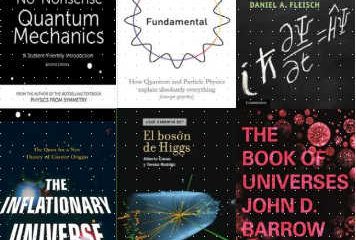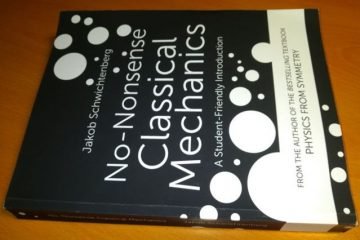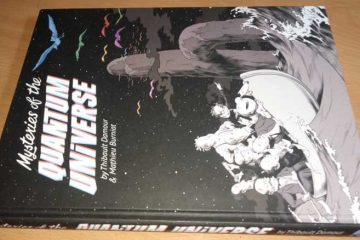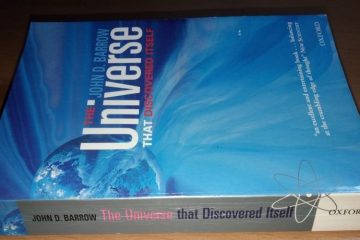
6 books on Quantum Mechanics and Cosmology
In this post I will talk about some books about quantum mechanics and cosmology that I have read recently. It’s been a while since I’ve commented on a book. Like most of us, I prefer to skip to the next reading rather than synthesise what I learn from the previous one. And that is a... » read more



